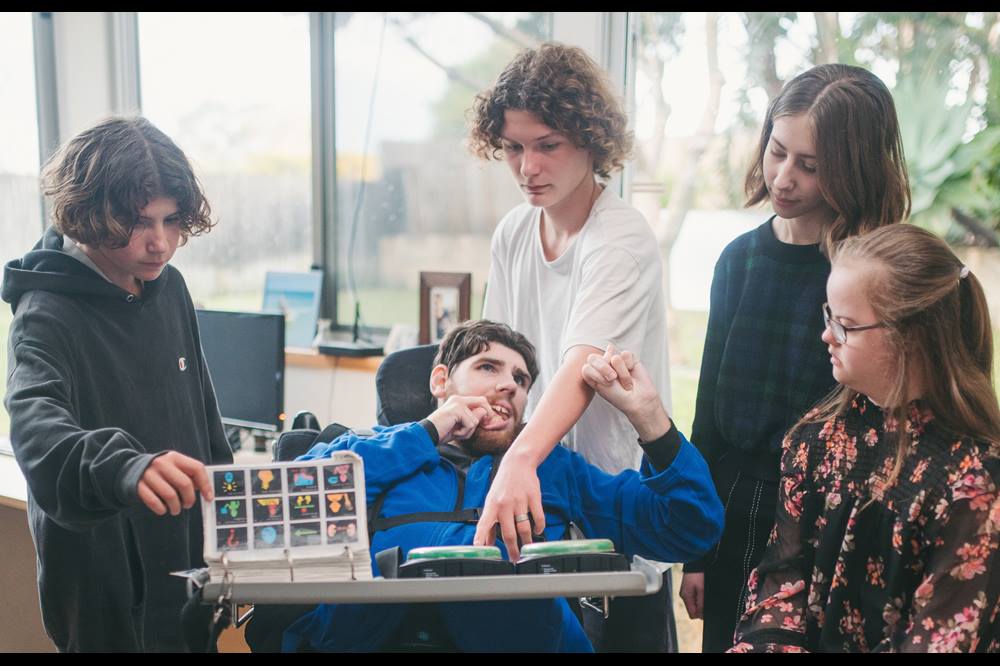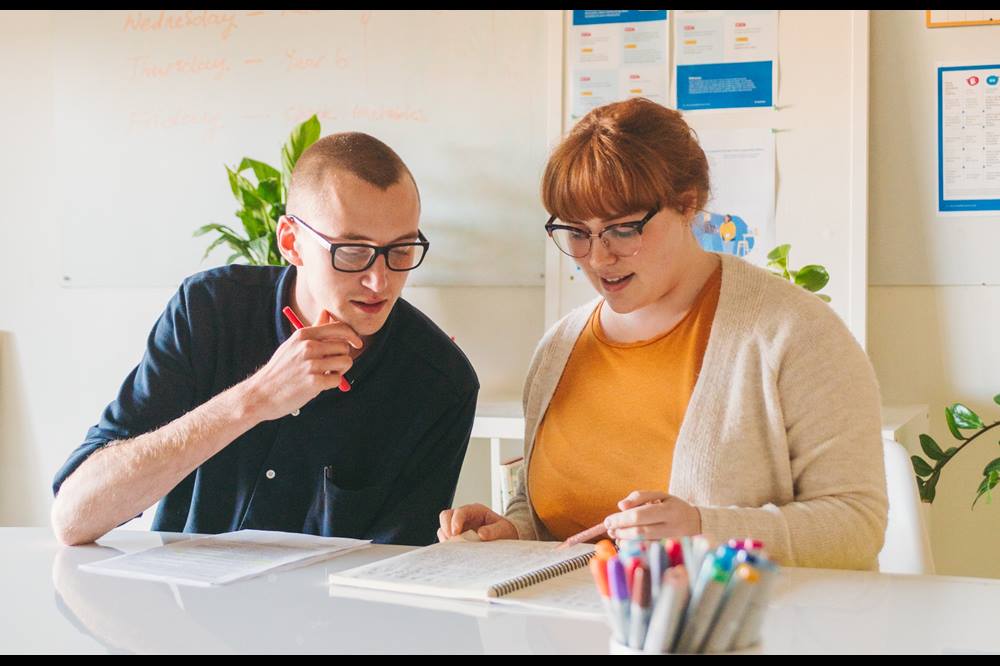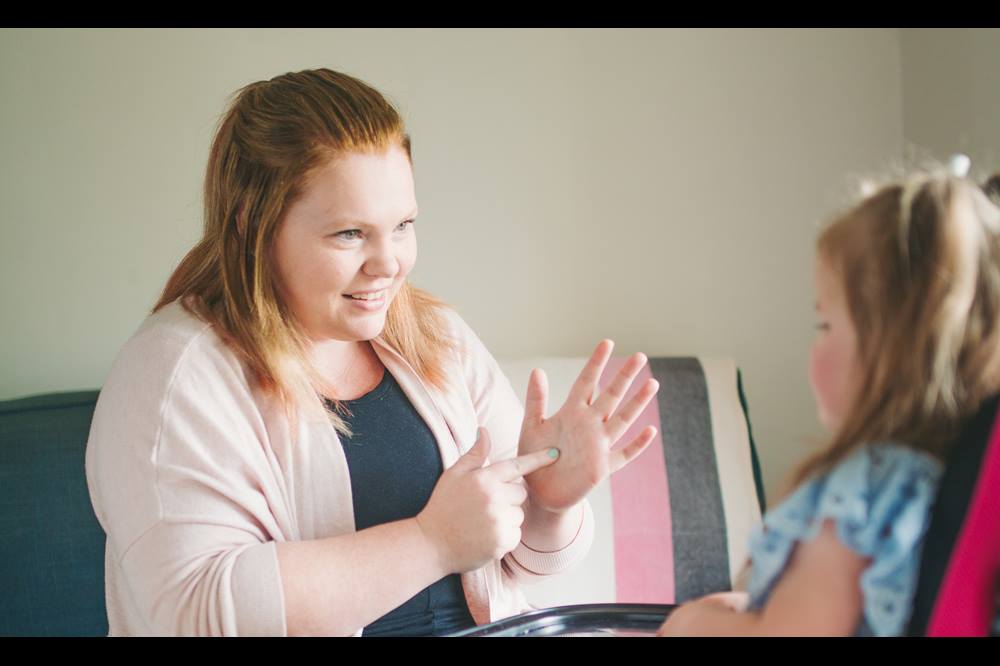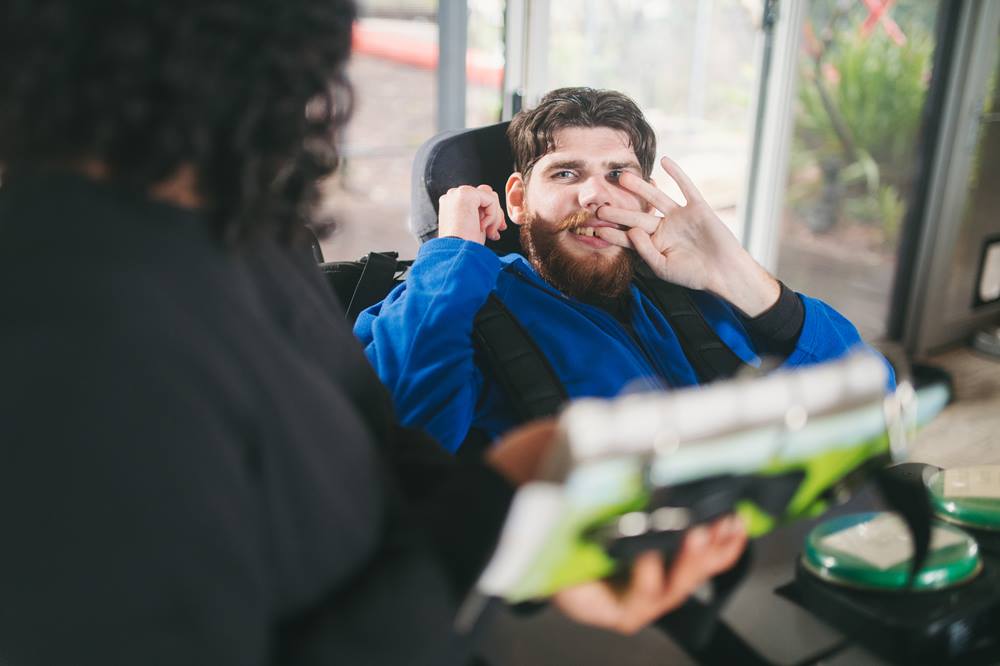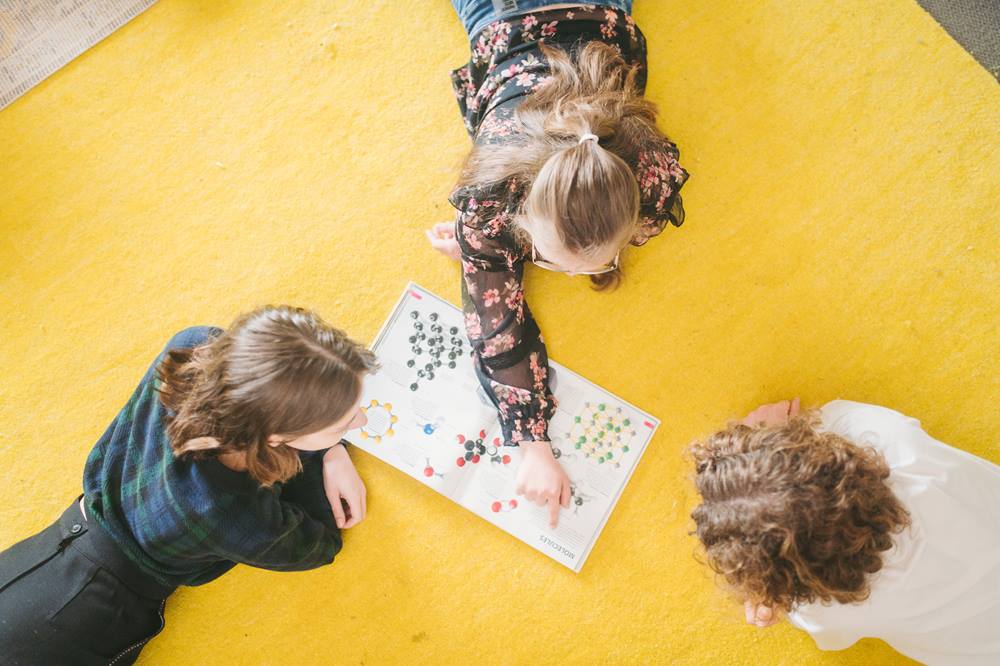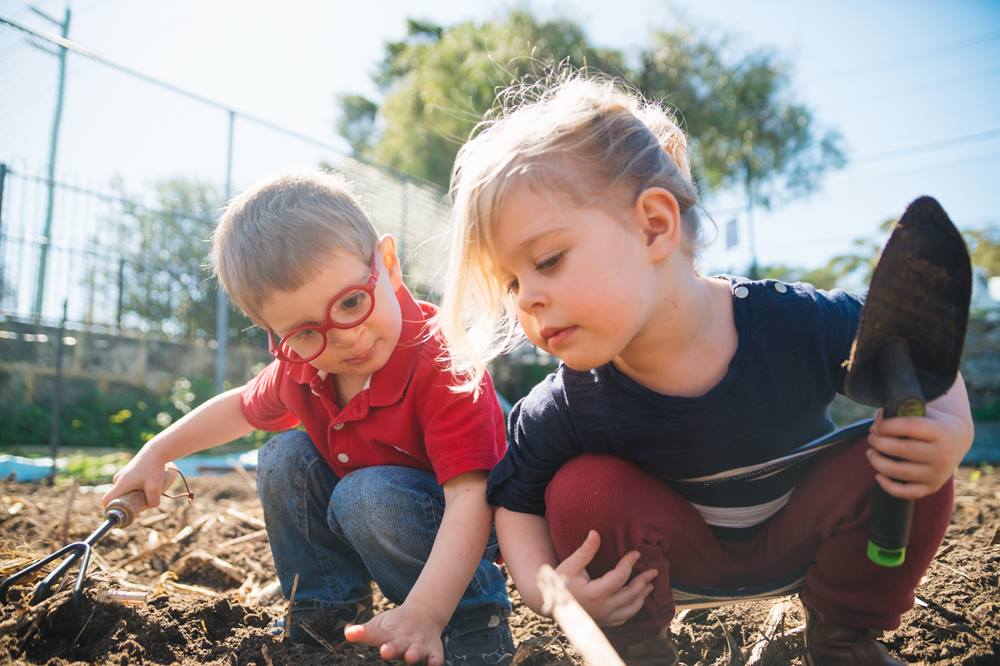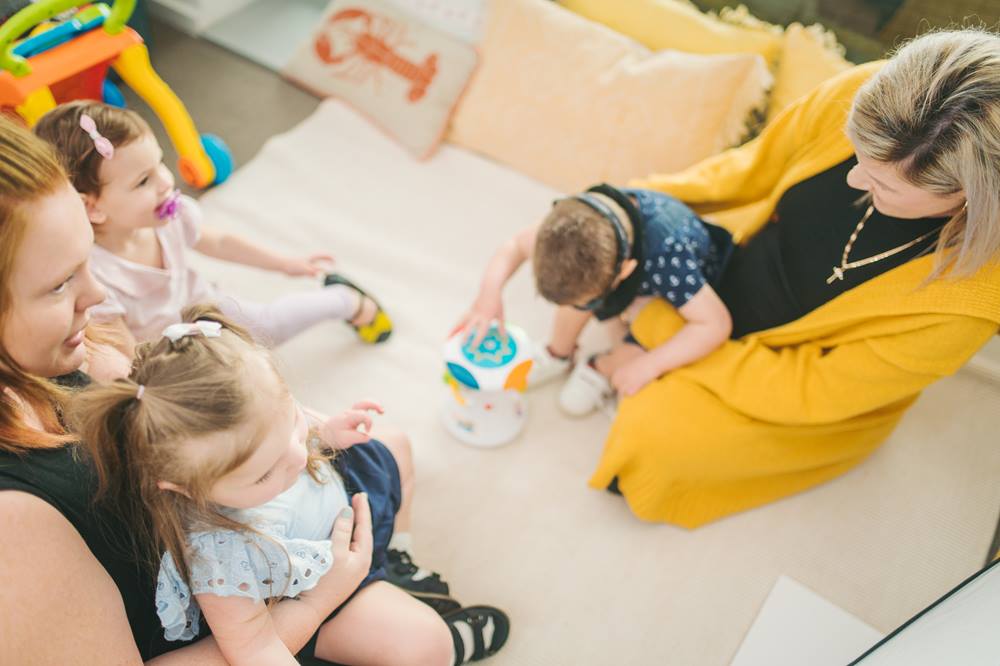Welcome to this guide
Inclusion promotes belonging, protects the rights of children and young people with developmental delay or disability and fosters the mental health and wellbeing of children and young people of all abilities.
In early learning services and schools, inclusion involves the whole learning community. This means leadership teams, educators, families, children and young people, other professionals and community members working collaboratively.
Each learning community’s journey of inclusion for children and young people with developmental delay or disability might look quite different to another’s. There’s no one-size-fits-all recipe or checklist for creating an inclusive learning community.
Inclusive practices and strategies are constantly evolving, and this guide is intended to be the place to start or continue your journey, whether you’re part of a leadership team or an educator who’s interested in promoting inclusion.
-
How to use this guide
Use the information in this guide to continue learning, have team discussions, plan actions or reflect on practice in your learning community.
The guide is organised into sections that cover key inclusion topics. Each section is designed to be a quick reference to inclusive practices, and includes:
Useful strategies
From what is inclusion to Universal Design for Learning (UDL), each section is full of useful information and strategies you can consider and adapt to suit your community.
Stories
Real-life stories from educators in early learning services and schools show inclusion in action and share experiences of supporting children and young people with developmental delay or disability.
Reflections
You and your team can use the questions accompanying each story to explore learning and think about inclusive practices in your setting.
Helpful resources
There are links to helpful resources throughout the guide if you’d like to learn more at your own pace.
Educator insights
We share educators’ observations about inclusive strategies in early learning services and schools, including what they have learned.
Tip sheets
The guide includes tip sheets that bust myths about inclusion and discuss language to promote inclusion. Download, print or distribute these to share knowledge. -
Language
While we’ve used the person-first approach in the stories in this guide, the best approach is to always ask each child or young person or their family what they’d prefer.
To find out more about the ‘person-first’ and ‘identity-first’ approaches to describing developmental delay or disability, see Model the use of inclusive language in the section Leading an inclusive learning community; for a tip sheet on using inclusive language, see the Quick guide to inclusive language.
-
Thanks
Be You warmly thanks the Be You Learning Communities, Action Teams and educators who have contributed to this guide with feedback, survey responses and time spent reviewing material.
We acknowledge the collaboration and expertise of the working group members who supported the development of this resource on behalf of Beyond Blue and delivery partners Early Childhood Australia and headspace.
For their contributions to this guide, we also acknowledge AllPlay founder Professor Nicole Rinehart, Director of the Deakin Child Study Centre (School of Psychology, Deakin University), and Dr Ana Mantilla, Director of AllPlay Programs.
This guide has drawn on the expertise and many of the resources of AllPlay, an initiative that creates new pathways for inclusion for children with disability. AllPlay’s newest program, AllPlay Learn, was developed in partnership with the Victorian Department of Education and Training in 2019.

